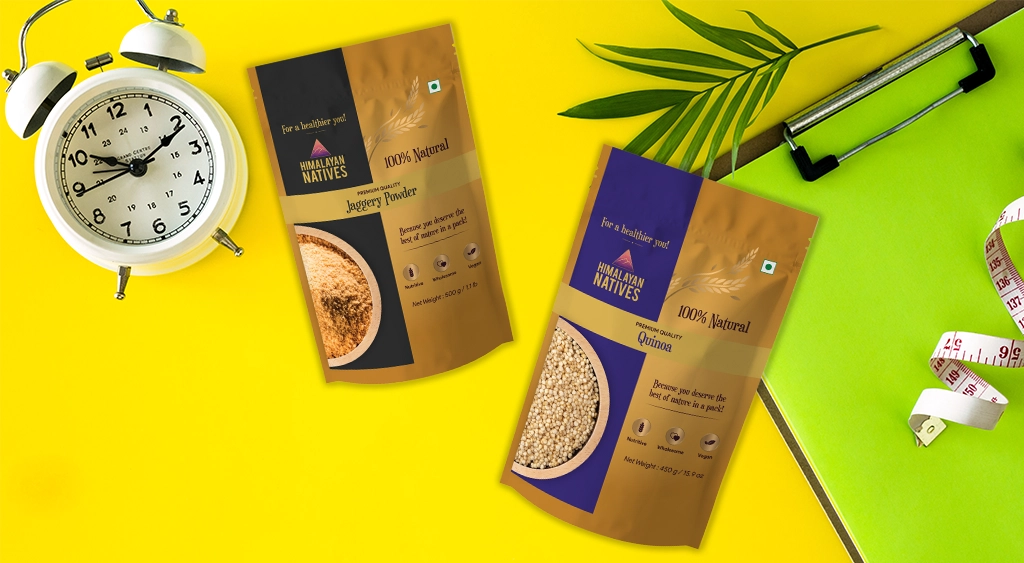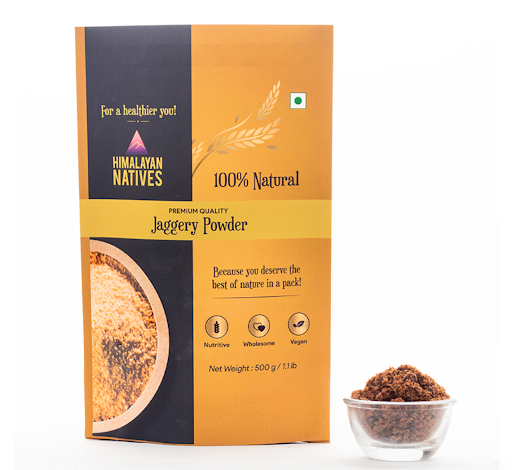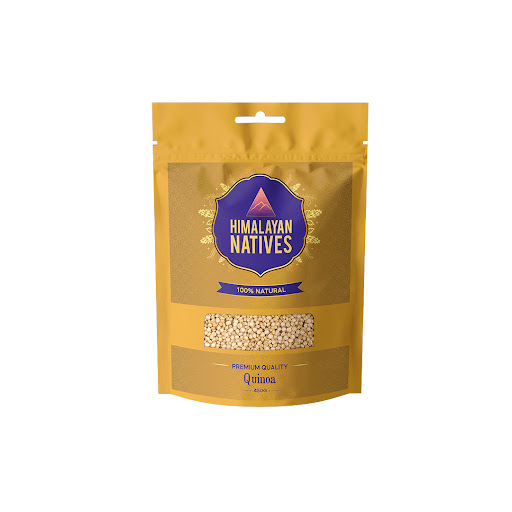
Have you seen influencers follow crazy diets that promote weight loss? These diets may look interesting but they all result in some amount of deficiencies and health hazards. A sure-shot way of maintaining or losing weight is by exercise and a sensible diet. Exercise makes up for a lot of calories gained and keeps our boy fit and flexible. However, a diet is just as important as exercise. Searching for a healthy diet that isn’t crazy and includes fasting and scheduled meals? Intermittent fasting is following an eating pattern that cycles between periods of fasting and eating. Intermittent fasting benefits vary from person to person. Fasting for a set number of hours each day or eating only one meal a couple of times a week can aid fat loss. Scientific data also suggests that there are certain health benefits. Our bodies have evolved to be able to survive without food for several hours, days, or even weeks. Intermittent fasting doesn't tell you which meals to eat, but rather when you should eat them. In this way, it's more correctly described as an eating habit than a diet in the traditional sense. Daily 16-hour fasts or fasting for 24 hours twice a week are two common intermittent fasting regimens. Fasting has been practiced by humans from the beginning of time.
Humans have evolved to be able to function for long periods without eating. Intermittent Fasting is what’s more natural than eating 3–4 (or more) meals each day regularly.
Intermittent Fasting Methods
Intermittent fasting can be done in a variety of ways, but they all entail dividing the day or week into eating and fasting times. You eat extremely little or nothing at all during fasting times. If you're wondering what are intermittent fasting methods, here they are
- The Leangains technique: Often known as the 16/8 method, it entails missing breakfast and limiting your daily eating period to 8 hours, such as 1–9 p.m. After that, you fast for 16 hours.
- Eat-Stop-Eat: This entails fasting for 24 hours once or twice a week, such as not eating from dinner one day to supper the following.
- The 5:2 diet: When for five days a week you can eat your regular meals. However, you consume only 500–600 calories on the remaining two days in that week. The two days you eat very few calories have to be non-consecutive days of the week.
All of these approaches for intermittent fasting benefit anyone who is trying to lose weight by lowering their calorie intake, as long as you don't compensate by eating a lot more during the eating intervals. Many individuals find the 16/8 technique to be the most straightforward, long-term, and simple to follow. It's also the most widely used.
A Very Powerful Weight Loss Tool

When people learn about the weight-loss benefits of intermittent fasting, they opt to try it. Intermittent fasting can automatically reduce calorie intake by forcing you to consume fewer meals. Intermittent fasting also benefits your body by altering hormone levels, which aids weight loss. It promotes the release of the fat-burning hormone norepinephrine in addition to reducing insulin and increasing growth hormone levels (noradrenaline). Short-term fasting may improve your metabolic rate by 3.6–14 percent as a result of these hormonal changes. Intermittent fasting affects weight reduction by altering both sides of the calorie equation by assisting you in eating fewer and burning more calories. Intermittent fasting has been shown in studies to be a very effective weight-loss method.
This pattern during intermittent fasting can benefit the body by resulting in 3–8% weight loss over 3–24 weeks, according to a 2014 review research, which is a large amount when compared to most weight loss trials.
Keep in mind, however, that the fundamental reason for its popularity is that intermittent fasting allows you to consume fewer calories overall. You may not lose any weight if you binge and eat excessively during your eating intervals.
What Foods To Eat
When combined with a nutritious diet and a healthy lifestyle, 16/8 intermittent fasting benefits can be a sustainable, safe, and simple strategy to improve your health.
Intermittent fasting should not be considered an alternative to a healthy and well-balanced diet.
Though 16/8 intermittent fasting is generally regarded as safe for healthy adults, if you have any underlying health conditions, you should consult your doctor. If you're on any drugs or have diabetes, low blood pressure, or a history of disordered eating, this is very important. Intermittent fasting benefits are considerable, however, if you're attempting to conceive, pregnant, or nursing, you should avoid intermittent fasting.
Here are two foods that can help your intermittent fasting much healthier.
Natural Jaggery Powder

Himalayan Natives 100% Natural Jaggery Powder is a chemical-free and natural substitute for refined white sugar. Jaggery powder contains antioxidants and minerals such as zinc, iron, and selenium, which assist the body detox, ease digestion, and enhance immunity.
When consumed regularly, jaggery powder is said to be incredibly good for one's general health. To assure the purity of all of our products, we use the highest quality control standards when making our jaggery powder. Thus introducing jaggery powder to your intermittent fasting benefits your health greatly. If you’re hesitant to buy natural jaggery powder because of the price we have good news for you! Himalayan Natives offers the best jaggery powder prices.
Natural Quinoa

Looking to buy quinoa is a gluten-free, whole-grain carbohydrate that also happens to be a complete protein? Fiber, magnesium, B vitamins, iron, potassium, calcium, phosphorus, vitamin E, and other antioxidants are also abundant. Quinoa also has a low glycemic index, which helps with blood sugar regulation.
Quinoa is heavy in fiber, which takes a long time to break down in the body. This aids in hunger control by giving you a full stomach feeling for a longer period.
Quinoa is high in vitamin E, an antioxidant that may aid to lessen the risk of coronary heart disease and certain eye conditions. If you're looking to buy quinoa online make sure you check out Himalayan Natives quinoa which is a good source of iron. It is also important for maintaining healthy hemoglobin, a molecule that delivers oxygen in the blood and helps the body's energy and cell function.
Conclusion
Intermittent fasting has several benefits and is one of the many healthy-living practices. However, while we practice intermittent fasting or any other kind of a healthy routine it is very important for us to make sure that we eat natural and healthy foods and get enough sleep every day. When it comes to nutrition, there is no such thing as a one-size-fits-all approach. The optimal diet for you is the one that you can sustain for an extended period of time.
Some people thrive on intermittent fasting, while others do not. The only way to find out is to try it out. If you enjoy it and find it to be a sustainable way of eating you should make it a part of your life since it can be a very effective method for losing weight and improving your health.
 HELPFUL0 people found it helpful
HELPFUL0 people found it helpful
Related Blogs
Subscribe to Our Blogs
and never miss on the latest update!

















